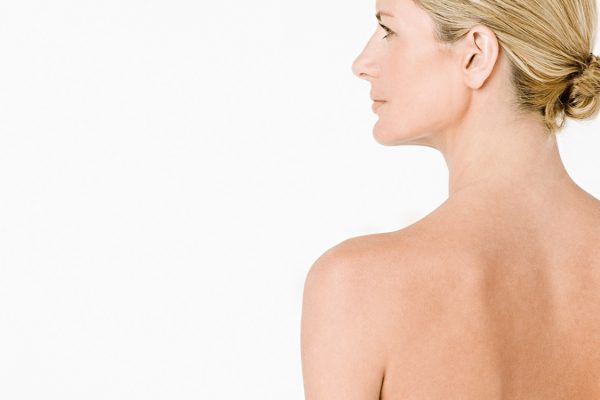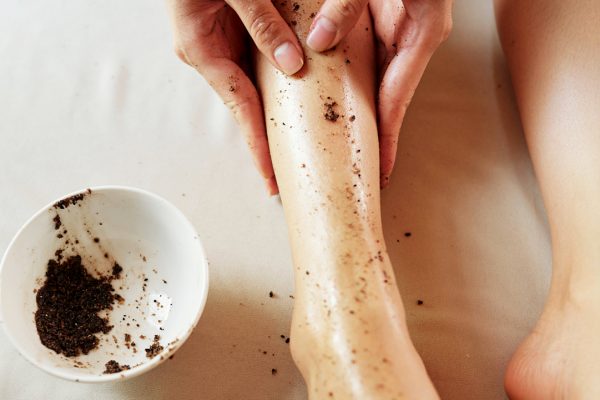Retinol, hyaluronic acid, vitamin C, proteoglycans … and now niacinamide. Familiarise yourself with this cosmetic ingredient because it will become your ally to show off perfect skin. Niacinamide has many benefits: it calms redness, regulates sebum production, improves the skin’s barrier function, is depigmenting and antioxidant, and reduces wrinkles. In addition, its great advantage is that it is compatible with almost all skins. With the help of a pharmacist, an expert in formulation, we tell you all its secrets.
Perhaps you have not yet heard of niacinamide or you may be using a cosmetic that contains it and you have not heard about it. It is not a new ingredient some beauty firms have incorporated it into their products for a long time, but it is becoming more and more popular. There are several reasons why niacinamide is in fashion: on the one hand, its many qualities ( anti-dark spots, anti-acne, antioxidants…) and, on the other, its high tolerance. Unlike other active ingredients, such as retinol, niacinamide is very well tolerated and works for almost all skin types. But, let us start at the beginning.
WHAT IS NIACINAMIDE?
Niacinamide is also known as vitamin B3 or nicotinamide and, as explained by the pharmacist Gema Herrerías, owner of A5 Farmacia and creator of the GH cosmetics brand, “it is a stable, low molecular weight, water- and alcohol-soluble vitamin that penetrates the stratum corneum, the most superficial layer of our skin. Niacinamide is a precursor to several cofactors that are involved in many enzymatic reactions in the skin, thereby positively influencing numerous skin processes .”
WHAT IS IT FOR?
The benefits of niacinamide on the skin are numerous that are:-
- Reduces acne due to its sebum-regulating and anti-inflammatory properties. Improves skin texture and the appearance of pores. It also calms redness and reduces residual acne marks when they become pigmented, the so-called post-inflammatory hyperpigmentation.
- It improves the protective barrier function of the skin by reducing transepidermal water loss and increasing the production of lipids in the epidermis (such as ceramides) or proteins (such as keratin and filaggrin). So it is also suitable for dehydrated skin.
- Reduces irritation and facial redness. So sensitive skin also benefits from the use of niacinamide.
- Improves the appearance of wrinkles by increasing the production of collagen and elastin after 8-12 weeks of application.
- It is depigmenting by inhibiting the transfer of the melanosome from the melanocytes to the keratinocytes. So you can also use it if you have spots.
- It is an ingredient with protein anti-glycation function, so it improves skin tone, preventing it from turning yellow.
- It is an antioxidant by protects cells from oxidative stress, important in the skin that is exposed daily to exposome factors such as pollution, UV radiation, tobacco, etc.
WHO CAN USE IT?
In addition to all its qualities, niacinamide has another great advantage: it is very well tolerated. And this means that it can be used by all skins. it, especially for ” sensitive skin with redness, pigmentation alteration, acne tendency or those with signs of ageing”. But keep in mind that niacinamide is present in many cosmetics(cleansers, serums, creams, masks…) and each type of skin has to choose the most suitable. In this sense, you must make sure that “if it is a gel-textured cosmetic indicated for acne-prone skin, it cannot be applied to dry skin that is concerned about ageing. Dry, mature skin should choose a cream formulation.” In other words, all cosmetics with niacinamide are not suitable for all skin types, you have to find the one that suits your skin and specific problems.


